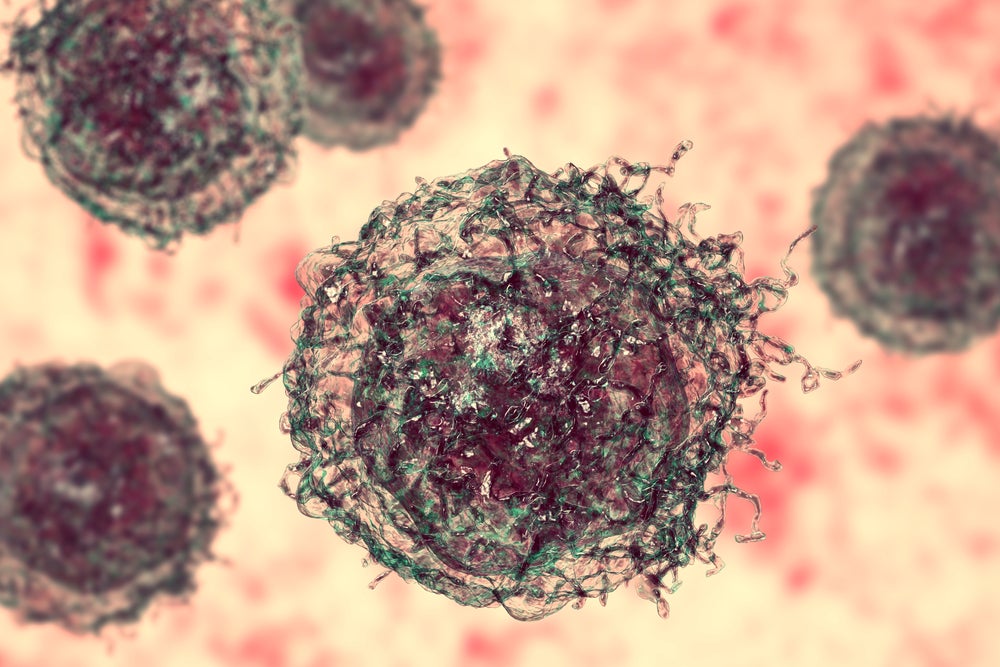On 18 April 2024, the US Food and Drug Administration (FDA) approved Roche’s Alecensa (alectinib), an oral anaplastic lymphoma kinase (ALK) inhibitor, for use as adjuvant therapy in completely resected ALK-positive non-small cell lung cancer (NSCLC) patients. The approval, based on compelling results from the Phase III ALINA trial (NCT03456076), makes Alecensa the first-ever adjuvant therapy for such patients.
This randomised, open-label study enrolled 257 patients with histologically confirmed stage IB–IIIA ALK-positive NSCLC, as identified by an FDA-approved VENTANA ALK (D5F3) companion diagnostic (CDx) assay. Alecensa decreased the risk of recurrence or death by 76% compared to platinum-based chemotherapy. At 24 months, the disease-free survival (DFS) rate among patients with recurrent NSCLC was 93.8% in the treatment group versus 63% in the control group.
$2.2 billion in global sales projected by 2029
Previously approved as a second-line treatment in 2015, following Pfizer’s Xalkori (crizotinib) for metastatic ALK-positive NSCLC, Alecensa received approval as a first-line therapy for the same indication in 2017. Alecensa’s efficacy emphasises its significance, particularly in patients with central nervous system metastases given that ALK-positive lung cancer patients typically receive their diagnosis at a younger age and face a higher risk of brain metastases. With this new approval, testing for ALK and other relevant biomarkers is now more crucial than ever for all individuals diagnosed with early-stage lung cancer to ensure they receive the most appropriate treatment.
According to GlobalData’s analyst consensus forecast, Alecensa is projected to generate $2.2 billion in global sales by 2029, while its nearest competitor, Pfizer’s Lorbrena (lorlatinib), will achieve $854 million in sales by 2029. According to a GlobalData epidemiology study, the anticipated number of ALK-positive NSCLC cases in the eight major markets (China, France, Germany, Italy, Japan, Spain, the UK and the US) is expected to reach 76,887 cases by 2029, emphasising the growing need for effective treatments. Alecensa demonstrated significant reductions in recurrence and DFS rates despite the absence of conclusive overall survival data. This factor remains a hurdle for some clinicians.
Currently, Roche is exploring Alecensa’s potential as an adjuvant therapy following chemoradiation for unresectable, locally advanced, stage III NSCLC patients with an ALK gene fusion/rearrangement through the Phase III HORIZON-01 clinical trial (NCT05170204). If this trial meets expectations, it could significantly broaden Alecensa’s global market reach, given that more than 33,000 ALK-positive stage I–III NSCLC patients are diagnosed annually in the eight major markets. Unlike Alecensa, Lorbrena lacks ongoing label expansion trials in adjuvant settings, placing it at a competitive disadvantage.

US Tariffs are shifting - will you react or anticipate?
Don’t let policy changes catch you off guard. Stay proactive with real-time data and expert analysis.
By GlobalData





